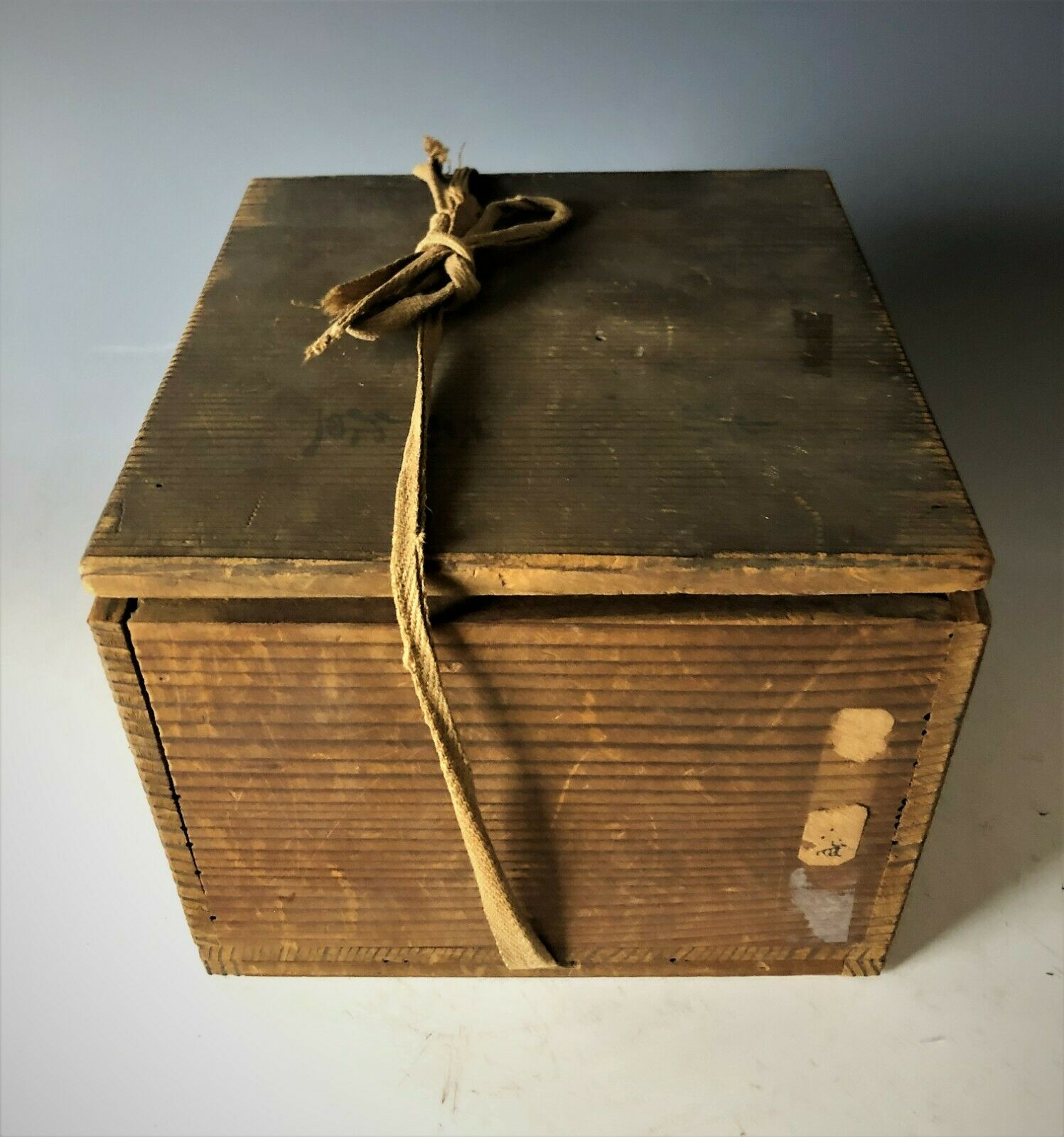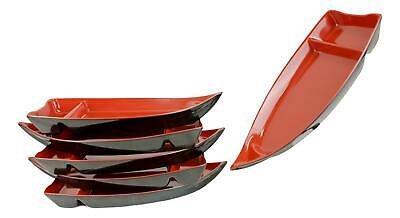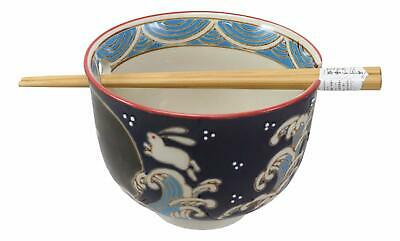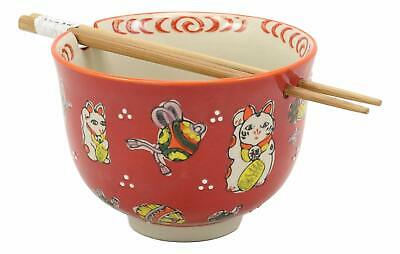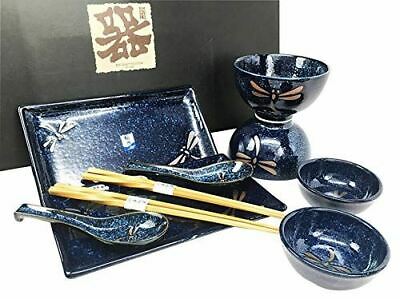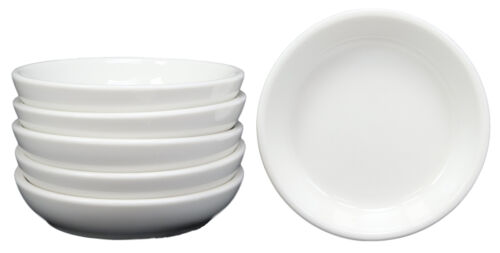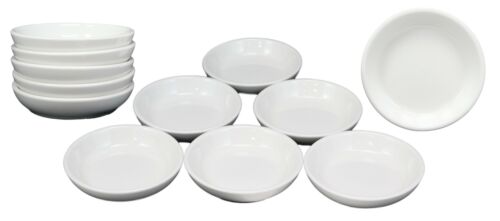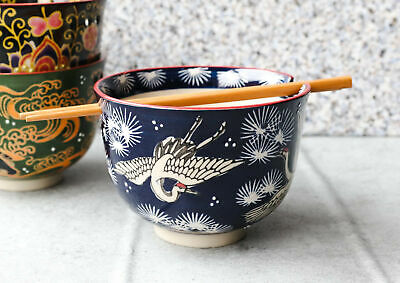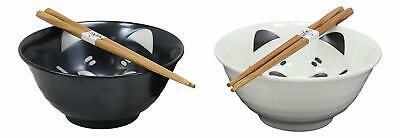-40%
Japanese Vintage Tea bowl Raku ware Craft for Tea ceremony Chawan w/ box #230906
$ 68.64
- Description
- Size Guide
Description
Free eBay listing template designed by dewiso.comJapanese old tea bowl Raku ware
An old, long used Raku ware teacup.
Generally, the potter does not use a potter's wheel, but uses only his hands and a spatula to form the pieces, a method called " hand-kneading".
*This tea bowl is called "Tsutsu chawan" and is used in winter because it is deep and can keep the tea hot longer.
Raku ware is a type of pottery that was born in Kyoto and nurtured by the tea ceremony. It was created by Sen no Rikyu, the founder of the tea ceremony, during the Azuchi-Momoyama period (the end of the 16th century), and expressed the aesthetic of "Rikyu Wabicha" in the form of tea bowls.
Unlike the birth and development of the local kiln industry, it has a clear purpose as a tea bowl for "tea ceremony".
In addition, it was born with the aesthetic sense and philosophy of Rikyu wabicha, which is related to Zen.
Product
Region of origin :
Kyoto, Japan
Dimensions :
Diameter: 10cm / 3.9inch x H. 9cm / 3.5inch
Weight :
227g / 0.5lbs
Age :
Unknown
Material :
Pottery
Condition :
No chip. Overall crazing. There are some scratch and glaze peeling due to age.
.
Shipping
FedEx shipping, safe and fast.
Free shipping to USA, EU and Asia.
Door to door delivery.
Extra delivery charge to Australia.
No shipping to Russia, Greece, Mexico, Middle and South America.
Tax & Duties
Import duties, taxes and charges are
NOT included
in the item price or shipping charges.
These charges are the buyer's
responsibility. Please check with your country's customs office to determine what these additional costs will be prior to bidding or buying. These charges are typically collected by the delivering freight (shipping) company or when you pick the item up.











